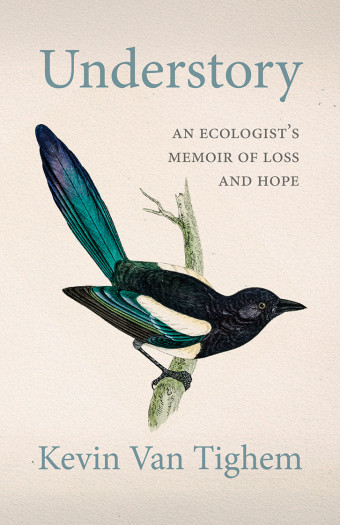Marion Agnew weaves her mother’s childhood, her parent’s marriage, and her own childhood into the telling of her mother’s diagnosis and experience of Alzheimer’s disease.
Agnew did not start her collection of essays, Reverberations, with a book in mind, but found herself writing notes upon notes, scenes, and short narratives for other purposes during the last years of her mother’s life.

- Reverberations
- Marion Agnew
- Signature Editions
- $19.95 pb, 192 pages
“At Mom’s diagnosis, I couldn’t picture what her life might look like – the routine, day-to-day experiences of progressing dementia,” Agnew says. “Twenty years ago, far less information was available. I wrote as events happened, partly to make sense of it . . . and because it was the information I’d wanted.
“I also wrote so that I couldn’t pretend it wasn’t happening. It was a way to force myself to stay engaged with my parents’ reality during this difficult time.”
The essays reveal how, by Agnew’s own admission, her mother’s diagnosis forced Agnew to grow up and reassess her life. Agnew tells about her struggling marriage, her childhood wish to move to Canada, and how she became aware of the progression of her mother’s dementia and how much her father needed help.
It wasn’t always easy to provide the support her parents needed.
“I travelled to be with them often, which brought career and family stresses,” Agnew says. “I talked directly with her doctors. I spoke openly and frankly with my father. I learned how to be with my mother in different phases of her illness. From these actions, I learned how to face difficult decisions and, eventually, take action.”
And take action she does. She takes a leading role in her mother’s care, she helps her father throughout her mother’s illness and after her passing, and, finally, four years later, she leaves the United States to move to her family’s summer property in the Canadian Shield.
Agnew’s mother, Jeanne, was born in Port Arthur, Ontario, before moving to Kingston to attend Queen’s University. From there, she and her husband moved to Oklahoma to teach for 60 years.

While she never returned to live full time in northern Ontario, she returned every summer to the shores of Lake Superior where her family had two small camps. She was intelligent and driven, fascinated by mathematics, and used her knowledge to contribute to our understanding of the world, Agnew says of her mother.
She loved teaching and family life. In her leisure time, Jeanne watched college sports, and enjoyed reading mysteries, knitting, and crocheting. Little by little, Agnew watched as her mother lost the ability to do all of these things.
Her mother didn’t lose her humanity, though, and Agnew, through this book, teaches readers that there is no shame in a dementia diagnosis.
“People with dementia are still people, and the rest of us must find better ways to support them and their families,” she says. “Also, your parents’ lives can influence your own life in positive and meaningful ways, even decades after their deaths.”













